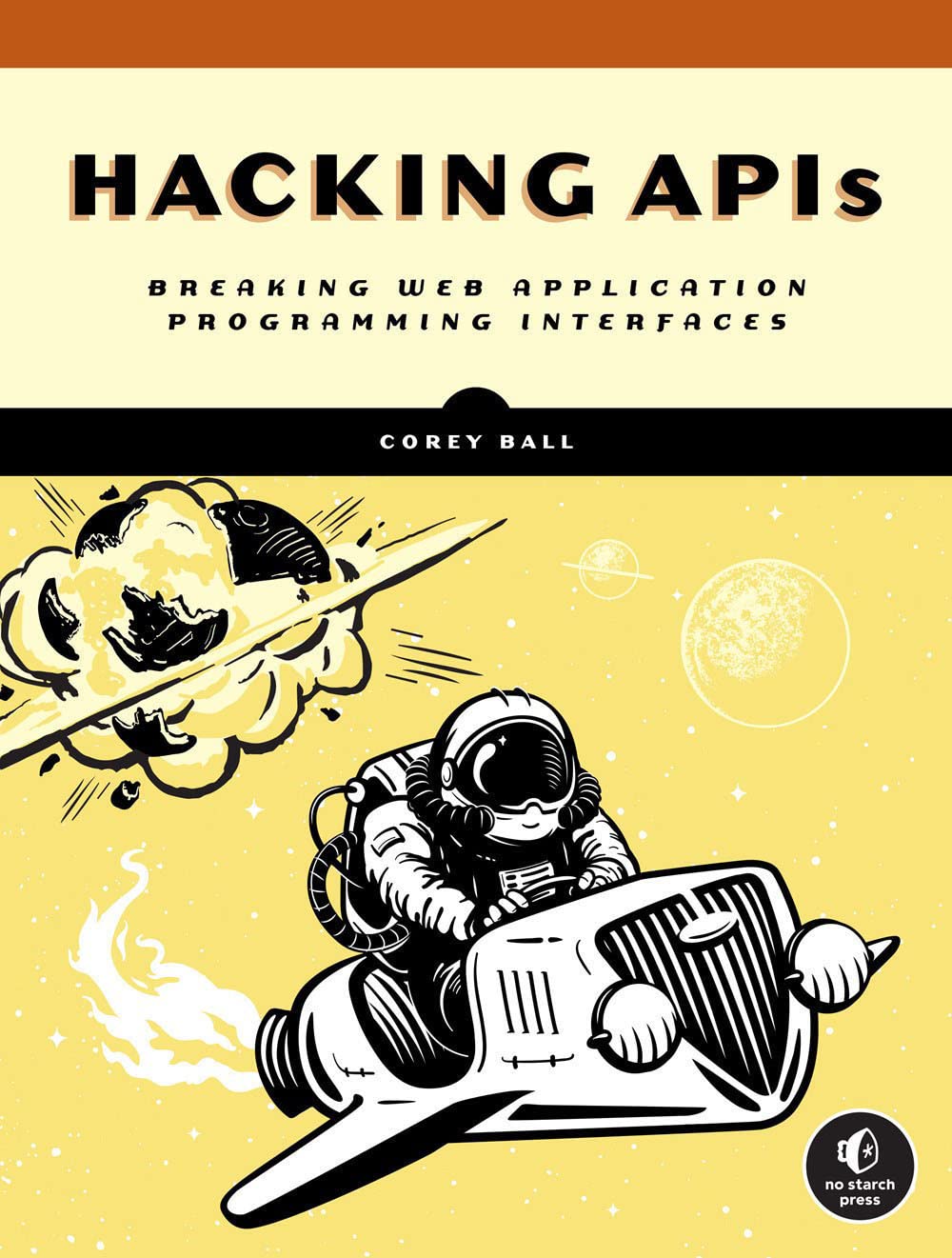Get start hacking APIs
In today’s digital landscape, APIs (Application Programming Interfaces) are very important in modern websites and applications. They facilitate seamless communication between different software systems, enabling everything from social media integrations to payment processing and data retrieval. However, while APIs offer tremendous utility, they also introduce significant risks.
With their ability to expose sensitive data and functionality, APIs can become prime targets for malicious actors. A single flaw in an API can lead to severe consequences, including data breaches, unauthorized access, and significant financial loss. As businesses increasingly rely on APIs to enhance functionality and improve user experiences, the importance of securing these interfaces cannot be overstated. Ensuring that APIs are robust and resilient against attacks is essential for protecting both users and organizations from the threats that lurk in the digital shadows.
Hacking APIs: Breaking Web Application Programming Interfaces
 A while ago I bought the book ‘Hacking APIs: Breaking Web Application Programming Interfaces’ by Corey J. Ball on nostarch while it was not published yet. It gave the the option to read the digital early version what made me decide to buy it back then. If the book already was published I had bought it on Amazon.de since the shipping cost are to expensive from the USA to Europe. I started reading this book to learn more about hacking APIs and I have to admit that the book is awesome to learn hacking APIs.
A while ago I bought the book ‘Hacking APIs: Breaking Web Application Programming Interfaces’ by Corey J. Ball on nostarch while it was not published yet. It gave the the option to read the digital early version what made me decide to buy it back then. If the book already was published I had bought it on Amazon.de since the shipping cost are to expensive from the USA to Europe. I started reading this book to learn more about hacking APIs and I have to admit that the book is awesome to learn hacking APIs.
The book is logically structured, starting with theory on how web applications work and the anatomy of APIs. It then guides you through setting up your attacker machine and actually attacking APIs. This step-by-step approach makes it easy to grasp the concepts and apply them in practice. Is everything perfect on the book? Well recently I was setting up some labs and my attacking machine when I encountered a small problem. I was not able to execute a command to download all wordlists from an open index on a website. The command explained in the book did not work for me. While trying several other options it was still not working. And I refused to download all wordlist manually. Since there are a lot of wordlists hosted on that website I did write a Bash script called Open Index File Downloader to download all wordlists for hacking the APIs.
What APIs can be hacked?
Randomly hacking systems without authorization is not permitted, and for good reason. However, the internet offers a wealth of vulnerable APIs that you can install and explore in your own environment. Some of the APIs listed below are also mentionmed in the book ‘Hacking APIs’ and explained in detail how to attack them with the right methodologies and techniques.
This article does not cover how to install these APIs in your environment. If you’re looking for a ready-made solution, consider exploring TryHackMe or Hack The Box. With a paid subscription, you can safely hack systems in a controlled environment.
What’s next?
By following the book, you will build a solid foundation for hacking APIs. However, the learning doesn’t have to stop there. The same author also offers a platform called APISEC University where you can deepen your knowledge of API security and API hacking. In addition to numerous training modules, you can take two exams to obtain a CASA or ASCP certification. I have not (yet) taken both exams and will not be pursuing them for the time being as I am preparing for the OSEP exam.
I encourage you to start by learning the basics and practicing hacking APIs in a lab environment. I hope you will enjoy the book and the content as much as I do. And who knows, you might soon be ready for your next API certification from APISEC University.